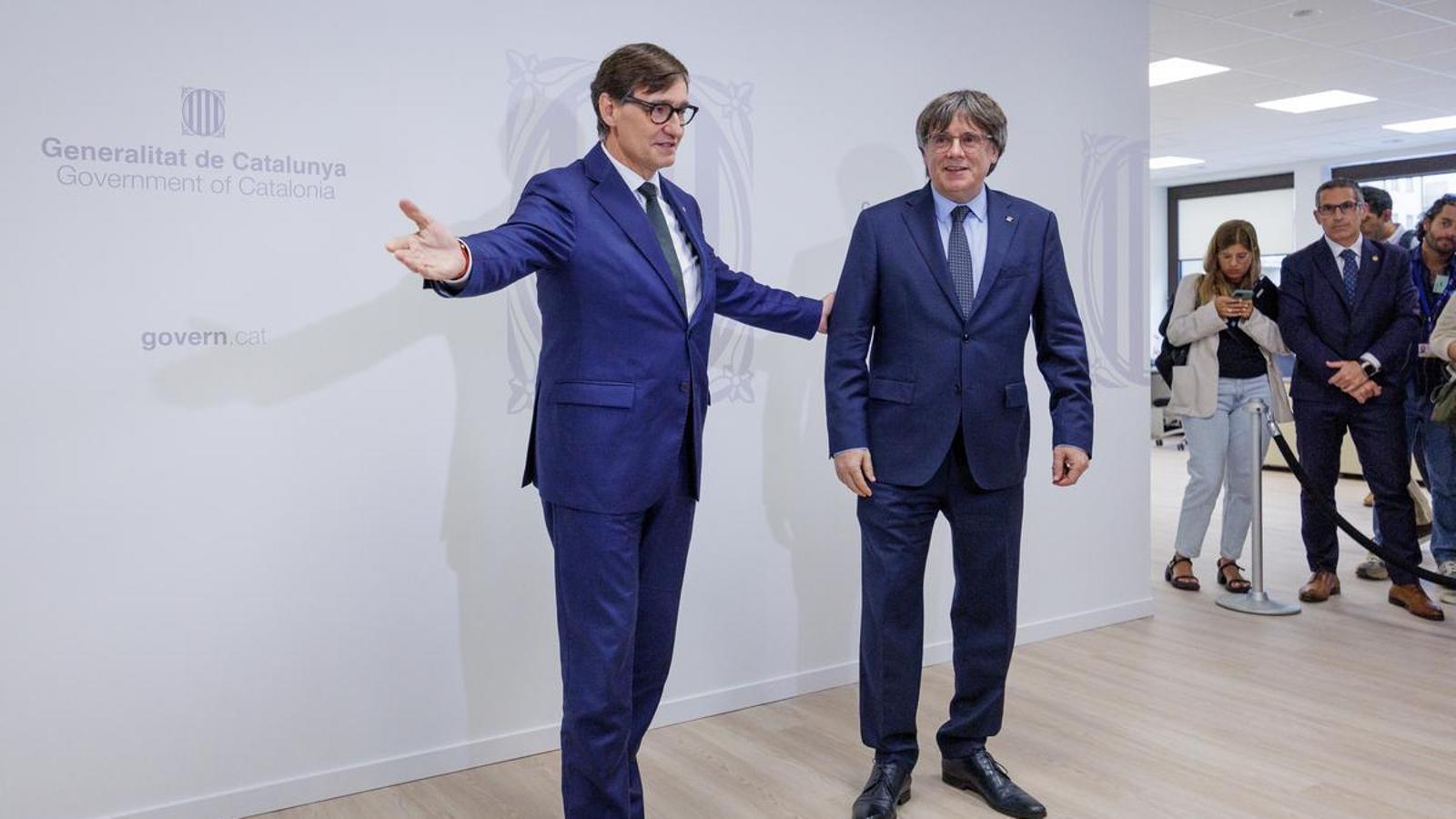What is fair, what is appropriate and what is convenient


One of the most serious mistakes Spain has made in the forty-odd years of the current democratic era has been the repression and criminalization of the Catalan independence movement. Political repression, police repression, judicial repression. Patriotic police, patriotic justice, even patriotic Treasury, as the Montoro scandal has uncovered. The intention was to issue an exemplary punishment, a warning to those who dared to challenge the order imposed in 1978 and to anyone who questioned the unity of Spain. As a result, the weaknesses, shortcomings, and internal contradictions of Spanish democracy were subjected to a stress test, and the result was disappointing: it became clear that Spain has not acquired, over these four decades, sufficient consistency to discuss and channel the conflict with Catalonia (and the rest of the plural of the conflict with Catalonia) adequately. The errors on the pro-independence side do not prevent the main error in managing the conflict (because it was the one that had the instruments, institutions, and resources to manage it) from being the Spanish state, when its leaders chose force over politics.
Isla and Puigdemont were on opposing sides in 2017 and beyond. Eight years later, both are presidents of the Generalitat (Catalan government), and the presidency of the Generalitat is no ordinary office. It's not for Catalonia, obviously, but neither is it for Spain. He's not just another president of an autonomous community, no matter how much Spanish nationalism insists. Furthermore, no matter how patriotic judges refuse to apply the amnesty law, Puigdemont cannot continue to be a political exile (he has never been a fugitive). This is damaging Spain's credibility as a state governed by the rule of law: a price the state perhaps can't afford to pay as comfortably as Rubalcaba once calculated.
Isla and Puigdemont are today, we said, two presidents of the Generalitat (Catalan government) who should meet in Brussels: this fact alone speaks volumes about the democratic failure behind the photo. The judges' refusal to apply the law is an unacceptable scandal. On the political side, anyone who appears to be scandalized may need to develop a more adult or less self-righteous outlook. Puigdemont must be amnestied and return to Catalonia with full rights, and his name must be cleared. Isla and Pedro Sánchez need to unblock the state budget, and therefore Sánchez's visit may be the next.
That Puigdemont, Isla, and Sánchez understand each other, even beyond or outside their parties and circles, is important, perhaps crucial. At the beginning, I referred to the "current" democratic era. This isn't a fossilized phrase: for democracy in Spain to remain a "current" reality, not a past one, this understanding between former opponents is important. It's the point where what is appropriate, what is right, and what is just converge.
